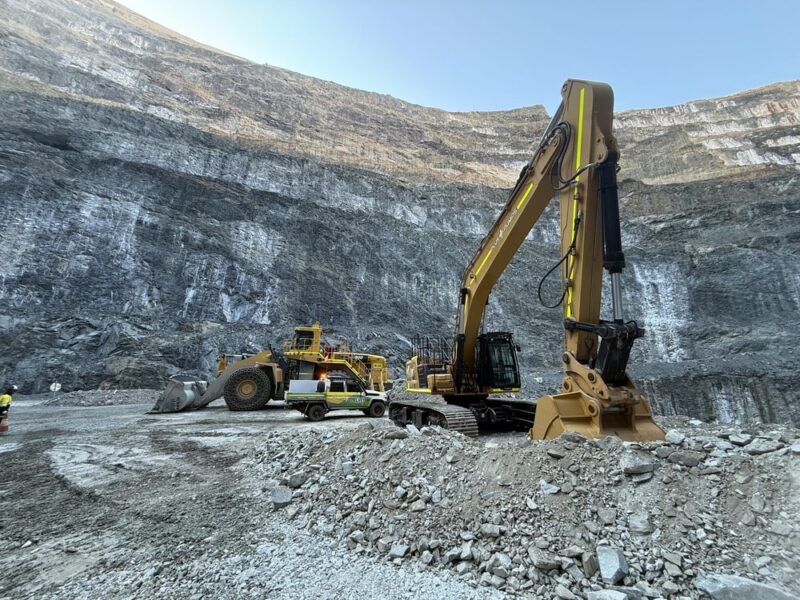Slip and fall accidents could happen anywhere, including your home, a friend’s home, a store, a sidewalk on a city street, or even on a walkway leading to an apartment complex. There’s a chance someone else’s carelessness caused your slip and fall. If that is the problem with you, the owner or agent may be liable to pay you.
The term ‘slip and fall’ is known as a personal injury claim in which someone is injured post slipping, tripping, and falling on someone else’s establishment. Slip and fall accidents are a type of negligence covered by the legal concept of premises liability. All property owners must practice reasonable care in maintaining their property to keep their visitors safe, or they will have to bear the liability for slip and fall accidents.
Determining who is responsible in a personal injury case, mainly a premises liability case, presents its challenges. Many have a ‘comparative fault’ system, a legal concept that allows for a share of the fault. To be eligible for compensation, you must prove that you were 49 percent or less at fault. On the plus side, you will still be compensated if you are partially at fault. However, you will get the compensation in proportion to the amount of fault which will assess to you.
Some of the entities that may be held liable for such accidents are as follows:
The Property Owner
The property owner is the most prominent defendant in a slip-and-fall case. However, the property owner may not be held liable if a dangerous condition develops before they have enough time to remedy the situation. For you to prove them wrong, the property owner must have a reasonable amount of time to repair the dangerous condition.
You can prove your case if they are the one to cause the danger themselves or are aware that someone else, but they failed to fix it or warn the public in a reasonable amount of time. Property owners cannot guarantee the safety of everyone who visits their property. They only need to be reasonable.
Homeowner
When homeowners invite you to their property, they may bear your slip and fall injuries. Legally, they must make sure that the people on their property are in a reasonably safe environment. This includes both possible visits and guests. For example, if the owner neglects to keep their front walkway in good shape, a delivery person who trips and falls while climbing the stairs may sue the owner for slip and fall damages. Even in reasonably safe locations, accidents can still occur. It simply means that the homeowners must take reasonable precautions to protect people.
Government
The government may also be liable for a slip and fall accident because it is responsible for keeping city sidewalks and streets in reasonable condition. If there is a broken sidewalk or a pothole, they must repair it as soon as possible. Otherwise, you have the option of filing a lawsuit against the city. Injured sidewalks have received settlements and jury verdicts when suing the government for these damages. When using a government entity, time limits and special rules are critical.
Property Manager
A building’s owner does not always have control over it. Your landlord might have hired a specific property manager to care for a rental property. This company is in charge of things like maintenance. A dangerous condition may be ignored or missed by the property manager. Property managers can work in both residential and commercial properties. To hold someone accountable and recover enough compensation to cover your injuries, you may need to sue the property manager and the owner.
Construction Companies and Contractors
One of the most common types of slip and fall accidents occurs when someone leaves work equipment in a walkable area. Alternatively, passers-by may trip on construction waste in walkways, which is frequently the fault of a contractor who failed to clean the area properly. This is true if the defendant caused the hazardous condition. They must either repair and clean it themselves or notify the public. Otherwise, they will be held liable for your injuries. This category also includes cable companies, groundskeepers, and cleaning services.
Corporation
A corporate firm may also be liable for a slip and fall. Sometimes, a person may cause slip and fall injuries by doing something dangerous. A delivery person, for example, may leave something on your walkway in a hazardous area, or someone may leave equipment where you could trip and fall on it.
In case an individual worked for a company and was working on the job when they were injured, they could hold their employer legally liable for the injuries. An employee is a representative of the company for which they work. Furthermore, their employer’s assets and insurance policy may be sufficient to compensate you for your injuries. For example, if a repair person dispatched to your property leaves something on your walkway, their employer must pay.
Conclusion
Slip and fall accidents can happen to anyone, and dealing with the aftereffects can be stressful. You could suffer a significant physical and financial loss. Obtaining a claim for damages can help ease some of your concerns, but it can be difficult if you do not know who is responsible for the accident. The information provided above should be sufficient to determine who is liable for the accident.



